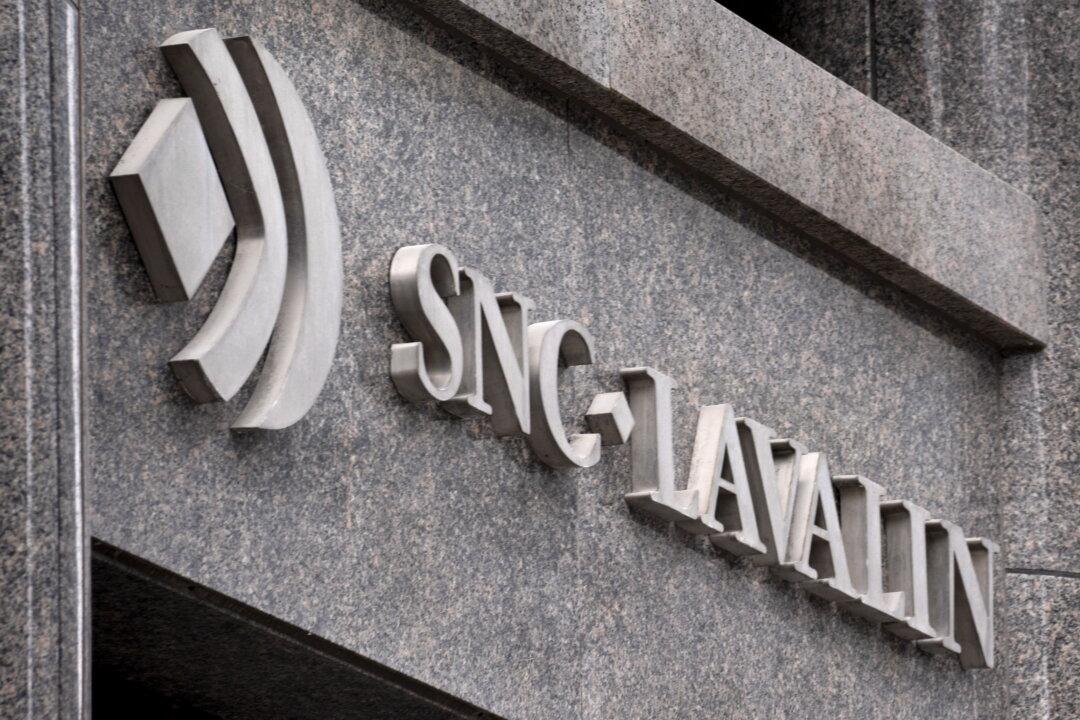NEWS ANALYSIS
The Liberal government is in hot water because of its alleged actions regarding SNC-Lavalin, a company deemed to be of national significance but saddled with a history of questionable conduct. The government’s efforts to assist the Montreal-based global engineering and construction firm shows how far it can go for such companies.SNC-Lavalin employs around 50,000 people and earned $9.1 billion in revenue in 2017. In Quebec, the company is viewed by many as a crown jewel. It is but one example of a large Canadian company in which the government effectively has a vested interested in helping avoid ruin.





